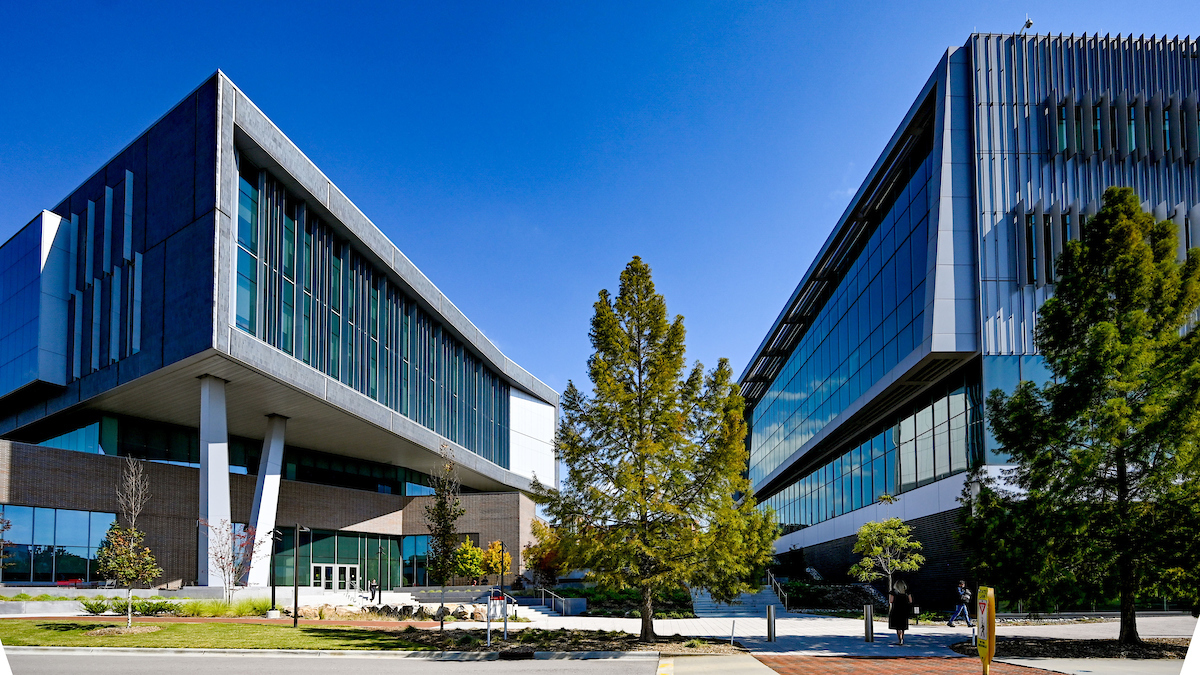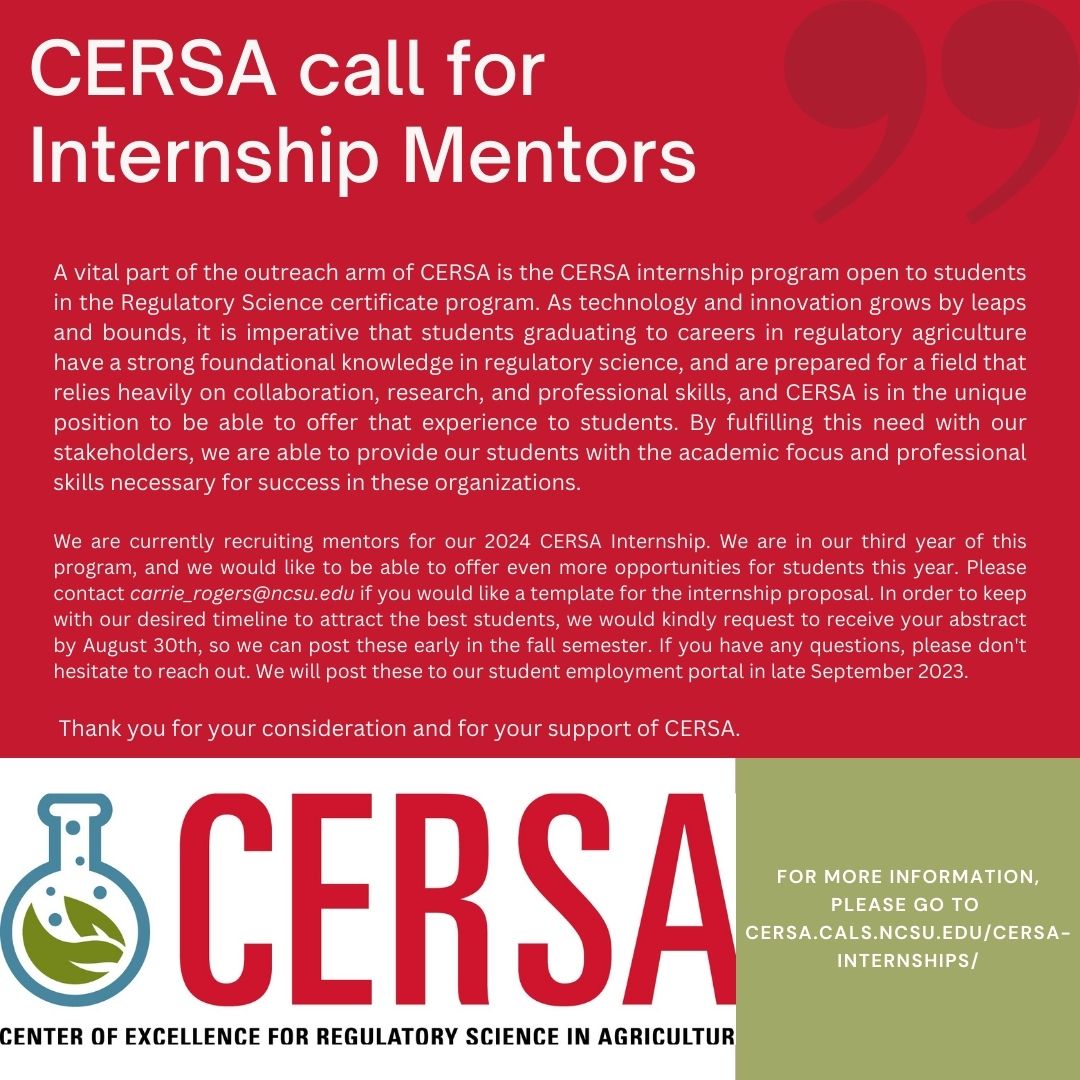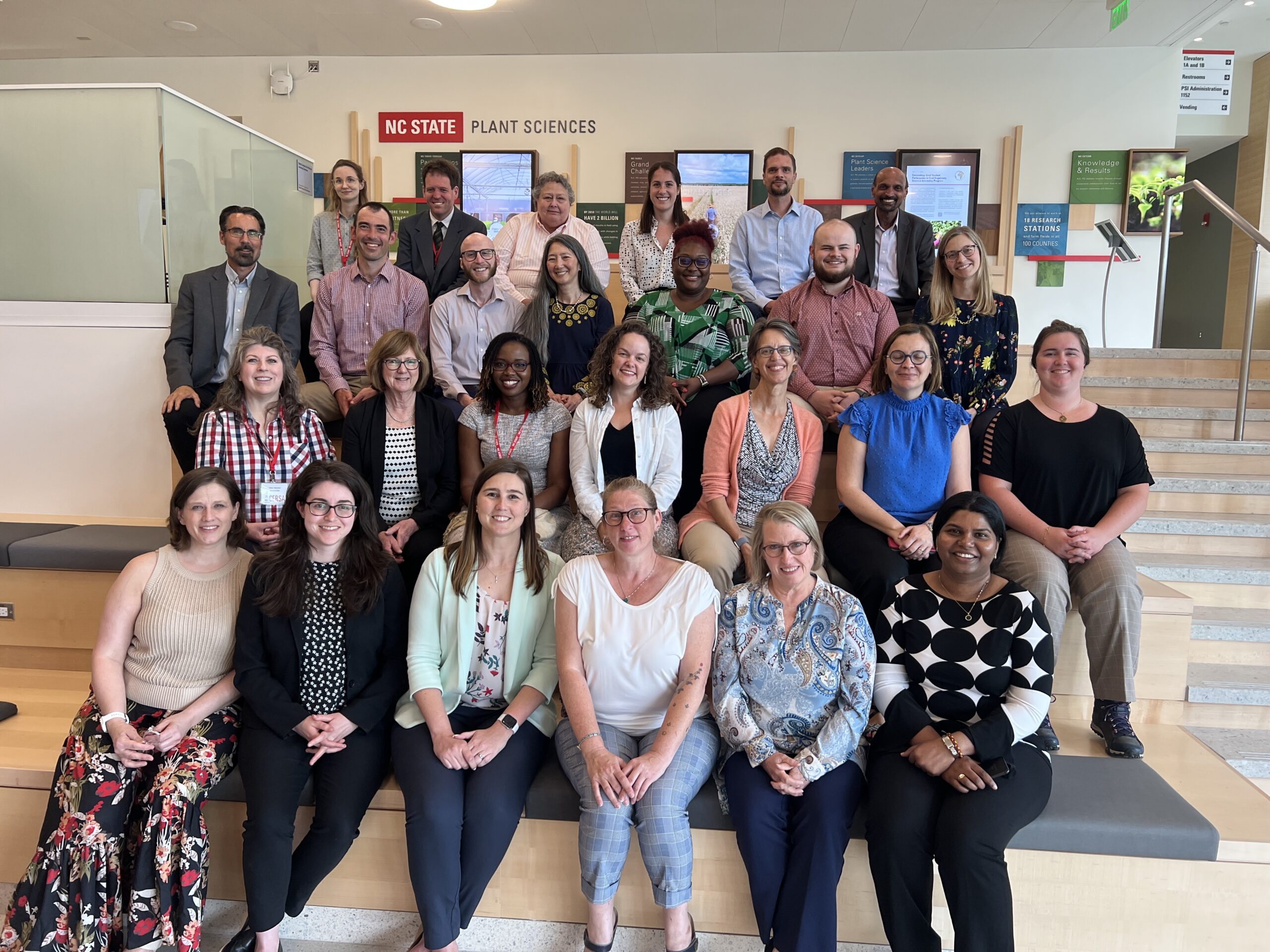Updates from FAS
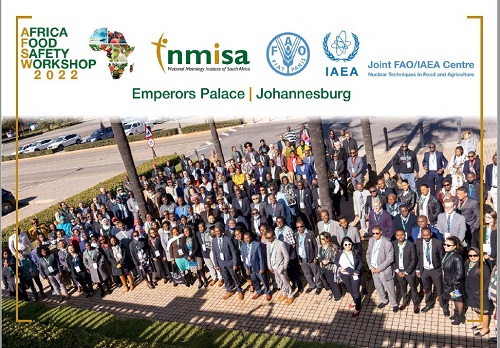
USDA/FAS Successfully Sponsors Workshop on “Joining Hands to Enable Food Safety in Africa,” via Cost-Reimbursable Agreement with NC State/CERSA
On June 27 – July 1, 2022, the United Nation’s International Atomic Energy Agency (IAEA) and Food and Agriculture Organization (FAO) hosted their second in-person food safety workshop in Johannesburg, South Africa. The purpose of the IAEA/FAO workshop is to support the African continent in improving food safety processes including pesticide registration and residue management practices. USDA/FAS engaged in this strategic partnership with IAEA and FAO to improve the dialogue with key African partners across the continent, and in particular the African Union and Regional Economic Communities (RECs), around the implementation of the Africa Union Sanitary and Phytosanitary (SPS) Policy Framework, Food Safety Strategy, and the SPS chapter under the Africa Continental Free Trade Area agreement. Thanks to the logistical support provided by NC State/CERSA staff, FAS sponsored 26 African food safety experts who were able to network with over 250 workshop participants representing over 35 different countries. The workshop was hailed by the participants as an important food safety networking engagement on the continent and it improved the dialogue between USDA/FAS and key African leaders.
USDA/FAS completes round of Central American Technical Regulations negotiations with support of NC State/CERSA
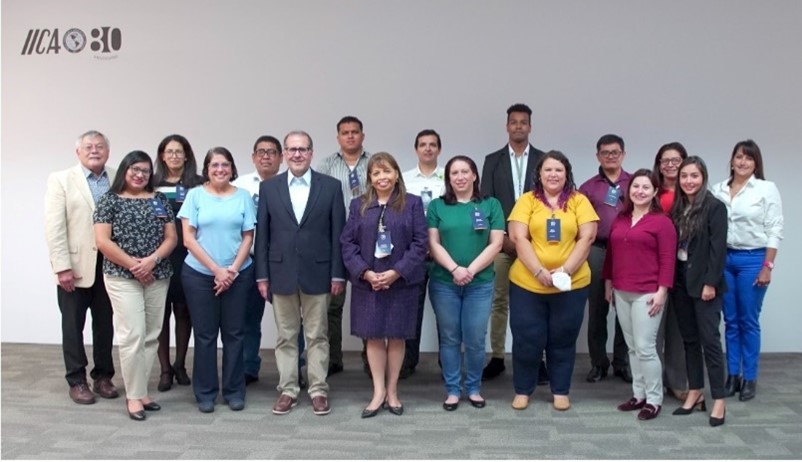
On July 18th– July 22nd delegations from Panama, Costa Rica, Nicaragua, The Dominican Republic, Guatemala, Honduras, and El Salvador met in Panama City, Panama for the first round of negotiations for a draft Regional Regulation (RTCA) regarding Maximum Residue Limit adoption policies that will prioritize Codex Alimentarius as the international standard setting body for food safety and further facilitate international commerce. NC State/CERSA subject matter experts Ian Reichstein and Luis Suguiyama facilitated the session and provided consultations to the delegations to support the technical components of the document. The RTCA will need to be ratified by the Central American Integration body (SIECA) before the policy is regionally adopted.
USDA/FAS Hosts a Series of Virtual Technical Expert Gatherings to streamline IMRL application processes to ASEAN member states and to US EPA with the support of Croplife Asia and NC State CERSA Experts
From Feb 15th– October 4th FAS has hosted 8 ASEAN Technical Expert Gatherings to promote and present the Import MRL pilot program. The outcome of this program is to have 4 Import MRL applications submitted from ASEAN to US EPA, and US submits 4 Import MRLs for the review of ASEAN participating states. Setting regional Import MRLs for ASEAN and providing capacity building for ASEAN to apply to US EPA.
ASEAN member states, FAS, EPA, FSANZ and CERSA technical experts gathered for different ASEAN IMRL Pilot Pre-submission Consultations. EPA and FSANZ attended meetings as guest speakers to provide expertise on the IMRL submission process based on the APEC IMRL guidelines and US EPA applications to support the capacity building of the ASEAN member states and ensure a clear and transparent understanding on the application process ahead of them. While CERSA technical experts have continued to bridge communication channels between Industry and Government regulators and provided long term guidance for crop chemical combination selections.

The positive trade implications for this program are firm as having additional import tolerances established within ASEAN and US will allow stakeholders and farmers globally, greater access to the market and allow for a greater understanding within ASEAN on the science-based approaches. We have successfully had over 40 participants with interest and buy-in for further programming on import MRLs.
